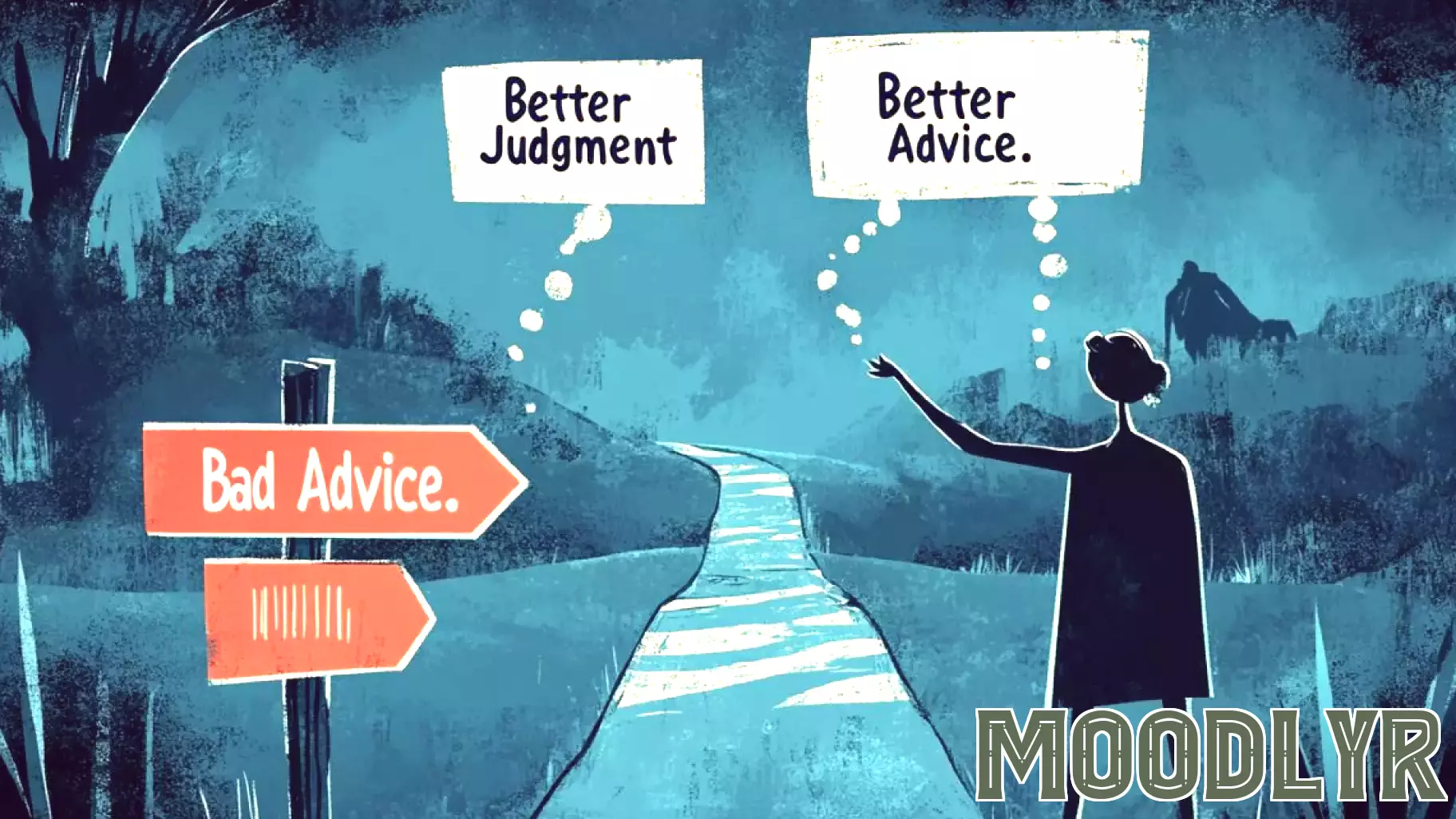Following Poor Advice Leads to Greater Regret and Self-Blame
March 1, 2025 - 15:14

A recent study has uncovered intriguing insights into the psychology of decision-making, highlighting that individuals often experience heightened feelings of guilt and regret when they act on poor advice rather than when they make poor choices on their own. The research indicates that when people disregard their better judgment and rely on the guidance of others, they tend to internalize the consequences more acutely.
This phenomenon occurs because individuals perceive themselves as complicit in the decision-making process, even if the advice was misguided. The study suggests that the emotional weight of regret is heavier when one feels they have relinquished control over their choices. Consequently, the implications of this research extend beyond personal decision-making, shedding light on the dynamics of trust and accountability in relationships and professional settings. Understanding this psychological tendency could encourage individuals to prioritize their instincts and critical thinking, thereby reducing the likelihood of regret and self-blame in future decisions.
MORE NEWS

February 21, 2026 - 02:30
Home Really Is Where the Heart IsThe age-old saying `home is where the heart is` is more than just a sentimental phrase; it is a neurological reality. New research suggests that the profound feeling of home is an idea we...

February 20, 2026 - 05:37
Racist Attitudes Linked To Future Psychological Distress – But Could Both Be Fueled By Something Else?A new research study is challenging the straightforward assumption that holding racist views directly causes future mental health problems. While confirming a link between prejudiced attitudes and...

February 19, 2026 - 04:05
UWM Professor Uses Sport Psychology Research to Solve Real-World ProblemsProfessor Barbara Meyer possesses a uniquely analytical lens that she applies to nearly every situation. Whether she`s guiding Olympic athletes, consulting with a university soccer team, or simply...

February 18, 2026 - 03:25
Why couldn't Ilia Malinin handle the pressure? Sports psychologists offer their thoughtsThe recent performances of top athletes have reignited a crucial conversation within the world of elite sports: the immense psychological burden of competition. While the spotlight often falls on a...